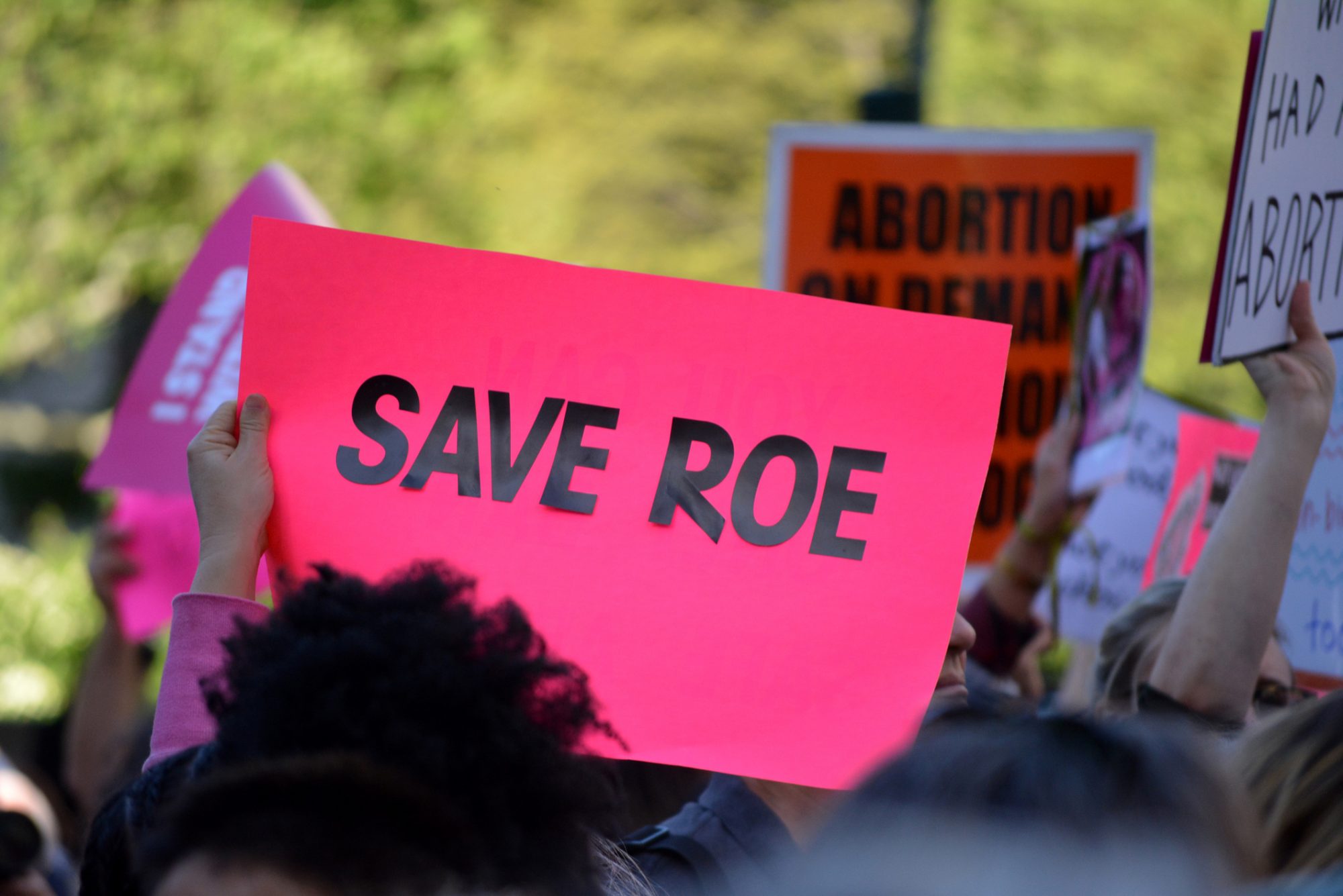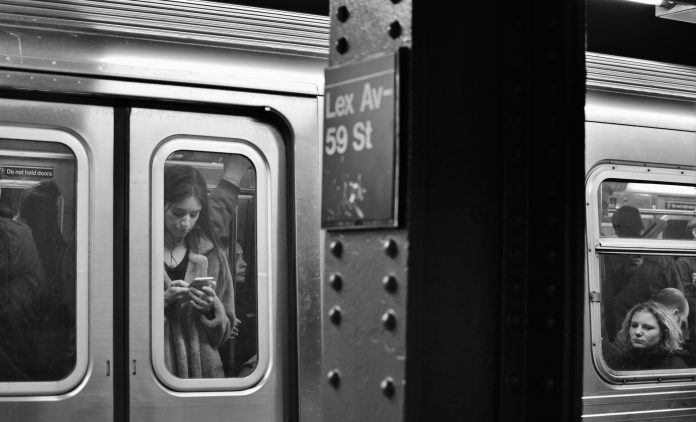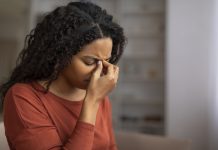State legislation, aiming to overturn Roe v. Wade access to abortion care, puts millions of women into “abortion care deserts” – forcing them to travel hundreds of miles
Primarily impacting people of colour, and those in poverty, access to abortion care is being slowly stripped from the rights of American women.
If the United States Supreme Court overturn Roe v. Wade, state legislation would impact access to abortion care for tens of millions across the country, which will inevitably force women to travel from nearly 40 to 113.5 miles.
Large parts of the US are going to experience a 100-fold increase in distance to care, particularly in the Deep South, Midwest, and Intermountain West – should the legislation pass.
“For many people who have good access now, it’s going to get worse. And the people who already struggle to get care, it’s going to be near impossible.”
Researchers at the University of Utah conducted a paper analysing the most up-to-date changes in distance to care resulting from restrictive legislation – including additional factors affected by a lack of access to abortion by examining racial, ethnic, and socioeconomic disparities.
The median distance to a clinic would increase three-fold
For the study, the authors obtained an up to date (as of 2021) list of abortion clinics from Advancing New Standards in Reproductive Health group’s Abortion Facilities Database – excluding clinics which have closed and those without abortion services. This left 739 clinics for analysis.
For every country, the researchers obtained the following demographics for women aged 15-49: race, ethnicity, educational attainment, poverty and rurality.
For each of the 3,108 counties in the contagious U.S., the authors established the current distance to a clinic, and then recalculated the distance by removing clinics in states with an abortion trigger law. They also calculated the relative change in distance for each county.
The numbers were shocking: over 24 million women will have to travel at least 150 miles more than they currently do to obtain care.
The counties that will have the biggest increase in distance, also have large proportions of women of colour. Black women will experience the most dramatic increase in distance to care, followed by Hispanic women and those living in poverty.
Both rural and urban areas will experience dramatic changes in distance too – where rural areas that already have poor access to healthcare will be positioned even farther away. Of the 67 counties that would be more than 400 miles from a clinic – 89% are also rural.
However, people living in urban counties with trigger laws will experience the greatest relative change in distance; for example, a person in Miami-Dade County, Florida, needs to travel less than a mile for care, but that distance would increase by 426 miles should the state’s legislation become law.
Twenty-one states have passed legislation that would ban or restrict abortion so far
The lack of federal protection would create “abortion care deserts”, making abortion access impossible for those unable to travel the necessary distance to an accessible state.
Brenna Kelly, a graduate student at the University of Utah and lead author of the study, said: “The entire South is going to be a desert for care. The most dramatic change will be for people who live somewhere that doesn’t border state where it’s legal.
“You see that in the Intermountain West, too. People in Wyoming and parts of Nevada and Idaho come to Salt Lake City for care. Post-Roe, the nearest place will be Colorado. People in Salt Lake who right now might be minutes from care are going to be hundreds of miles from it.”

This legislation is bound to disproportionally affect women of colour, those living in poverty, and people with less education.
Not only this, but data clearly demonstrates that restricting abortion care has poor health outcomes for both mothers and infants. With millions of people losing access, a post-Roe country would exacerbate these health disparities on a massive scale.
Kelly stated: “There are already huge disparities for who has access to abortion care. If Roe gets overturned and state legislation becomes law, it will widen the disparities even more.
“For many people who have good access now, it’s going to get worse. And the people who already struggle to get care, it’s going to be near impossible.
“Abortion is a very polarising issue, but we should all consider and prepare for the disparities that would result from these large-scale changes, regardless of what position we have.”











